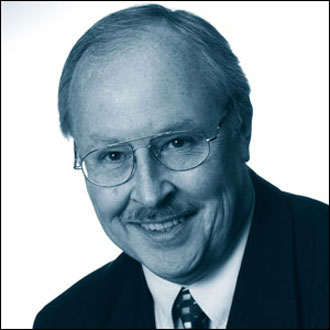Pensions paperwork – three new penalties to avoid

Three tough new pensions rules will be introduced on 1 April 2014, which will impose new penalties on all GPs in the NHS Pension Scheme. Bob Senior advises on how to avoid them.
1 Don’t be tempted to postpone pension payments
GP practices will be hit by new administration charges and interest on any pension contributions that are paid late. Now interest will be charged on unpaid amounts at 3% above inflation, so 4.8% currently (as the consumer price index [CPI] is currently 1.8%). Practices are likely to be stung by this at the end of the financial year once GP pension certificates are submitted. Don’t postpone sending in certificates in a bid to manage cashflow, unless you’re prepared to get landed with an interest bill.
2 Ensure superannuation is paid for overtime
Salaried GPs and their practices should have been paying superannuation on overtime payments – 14% employers’ contribution plus the appropriate employee rate – since 2014 for GPs who are still active members of the NHS Pension Scheme. Your practice manager should ensure all payments are up to date by calculating how much overtime is involved for each GP and sorting out arrears before the pension year ends in March. Warn the employees in question as the money will come out of that month’s salary.
3 Check any substantial pay rises for non-GP staff
Perhaps the toughest of them all is the new rule around large pay increases for non-GP NHS employees in the 1995 scheme. If a practice awards an abnormally large pay increase to a staff member in their last three years of their career, and on which their final pension is then based, the practice can expect a sizeable bill – referred to as a final pay control charge.
This was introduced because the NHS Pensions Agency believed that some practices were abusing the system when a staff member was related to a GP partner. Employers will be charged if a pay increase within the last three years of service exceeds the CPI at the time plus 4.5%. An NHS example calculated in 2013 showed that a pay rise of £2,950 above the limit resulted in a bill of £26,555.
Bob Senior is chair of the Association of Independent Specialist Medical Accountants and head of medical services at Baker Tilly.
This article was corrected at 12pm on Monday 19 February, to clarify that CPI is 1.8%. The original copy misstated that interest on late pensions payments would be charged at 7.8%, based on the idea that the consumer price index [CPI] is 1.8%.
Pulse October survey
Take our July 2025 survey to potentially win £1.000 worth of tokens













